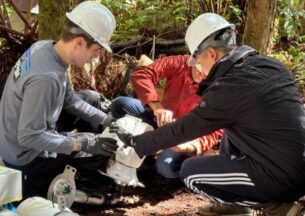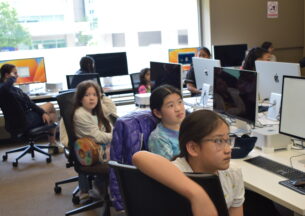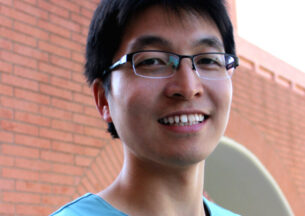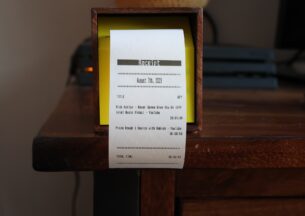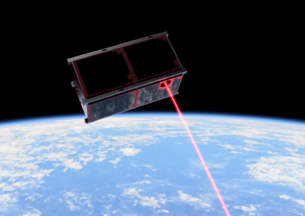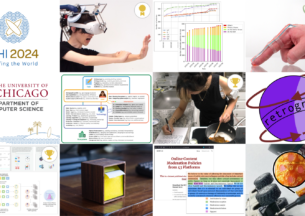Moon Duchin (Tufts University) - Design for Democracy
Abstract: Today, U.S. democracy faces a suite of technology-enhanced challenges based on vast amounts of fine-grained data and increasingly sophisticated attacks. However, computing and technology are also part of the solution. In this talk I’ll look at computational interventions to support democracy and voting rights, in particular in the area of fair political districting. I’ll discuss projects that touch many areas of CS and related fields, including mathematical modeling of the law, the design and analysis of efficient algorithms, mechanism design and fairness, data privacy, computational geometry, data visualization, and software development. I will focus on the story of purpose-built algorithms to meet a conceptual need in the law: the “baseline problem” of understanding how voting systems perform in the absence of manipulation. For redistricting in particular, MCMC and other graph partitioning methods raise deep mathematical questions. Beyond districting, finding baselines points the way to a research program on designing modern electoral systems better aligned with ideals of representative democracy.
Speakers
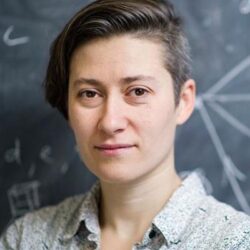
Moon Duchin
Moon Duchin is a professor of mathematics and the John DiBiaggio professor of Citizenship and Public Service at Tufts University, where she runs a research lab focused on data science for civic applications. Her areas of mathematical expertise are in groups, geometry, and dynamical systems. Her lab has developed mathematical modeling techniques with applications to political processes, especially a randomized spanning tree method for efficient graph partitioning that is now widely used in the study of redistricting.
Dr. Duchin has served as an expert in state and federal courts in Wisconsin, Pennsylvania, North Carolina, South Carolina, Georgia, Texas, and Alabama. Her work featured centrally in last term’s big voting rights case in Alabama, where it was amply cited in both the majority opinion and the dissents at the Supreme Court. Her lab’s open-source software packages for community mapping have played a role in assisting governmental and citizens’ groups in dozens of states and cities.
Dr. Duchin received her PhD in Mathematics from the University of Chicago in 2005, advised by Alex Eskin. She has held an NSF CAREER grant, a Guggenheim Fellowship, a Radcliffe Fellowship, and was elected a Fellow of the American Mathematical Society in 2017.




